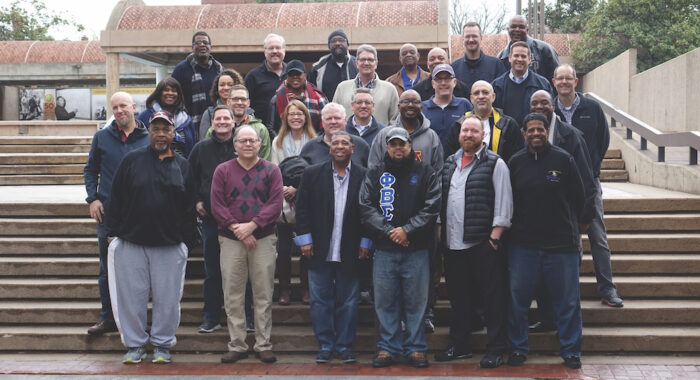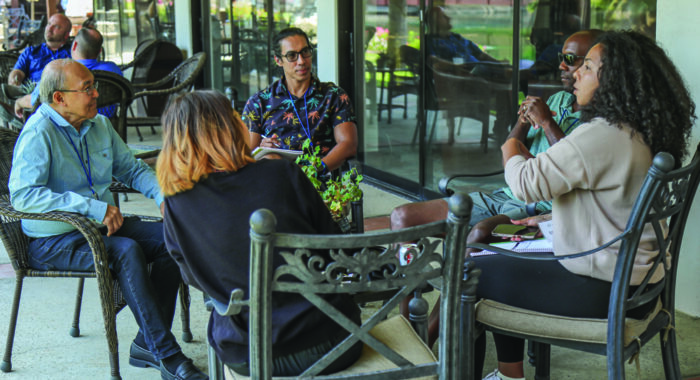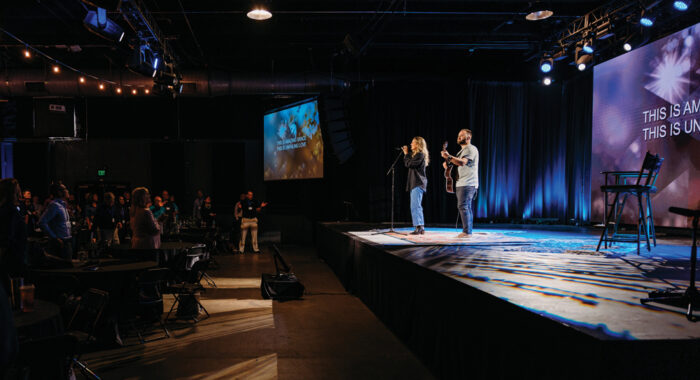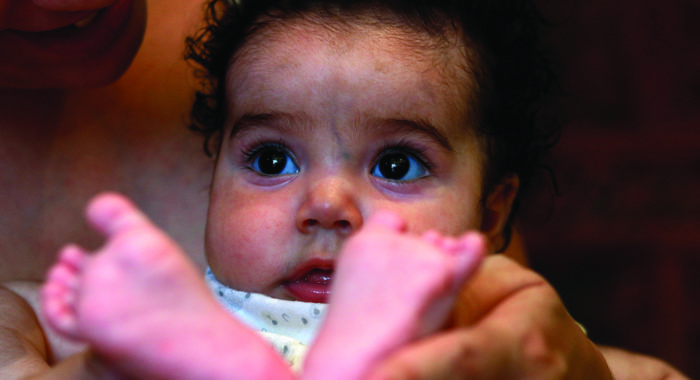Most evangelical leaders said that their churches or denominations would increase their giving for the poor significantly if government programs to help the poor at home and abroad are cut back, according to the January Evangelical Leaders Survey.
Many agreed with Ken Hunn, Executive Director of The Brethren Church, who said, “We will always respond as we can to need. If the need increases, so will our attention to that need.” George Wood, General Superintendent of the Assemblies of God, added that his denomination has already increased its compassionate giving substantially during the recent economic crisis.
“It’s good to hear that evangelical churches will increase their compassionate giving to help the needy,” said Leith Anderson, President of the National Association of Evangelicals (NAE). “The challenge could be great if there are significant cuts to government budgets. It would be a stretch for churches to double or triple their contributions to meet the needs in their congregations and communities.”
Of the 78 percent that said their churches or denominations would increase giving, 29 percent included qualified support, such as “if we can possibly afford to add to our giving” or “I sure hope we would.”
Rocky Rocholl, President of Fellowship of Evangelical Churches, explained, “I believe most of our churches are already doing a significant amount, because they believe strongly that they are called to meet the needs of those around them. I believe they will try to step up to fill an increased need.”
Leaders strongly affirmed the church’s unique role in addressing poverty holistically. “I believe it is the Church’s primary responsibility — not the government — because God wants his people to both meet the physical needs of the poor and lead them into a saving relationship with Christ which the state cannot do,” said Ron Boehme, Director of Youth With A Mission U.S. Renewal.
Bill Hossler, President of the Missionary Church, Inc., said, “I am confident that our people will give to the truly needy, but it may be in areas different than what the government gives out. They may not feel that all government programs are worthy of biblical support.”
Yet with one in seven Americans living in poverty, church leaders warn that government must not abandon its responsibilities. “Necessity does tend to produce more of an effort in the short run,” said Joel Hunter, Senior Pastor of Northland, A Church Distributed. “But most churches are struggling just to meet their budgets and cannot replace public safety-net programs.”
The Evangelical Leaders Survey is a monthly poll of the Board of Directors of the National Association of Evangelicals. They include the CEOs of denominations and representatives of a broad array of evangelical organizations including missions, universities, publishers and churches.



 View All Surveys
View All Surveys 




























